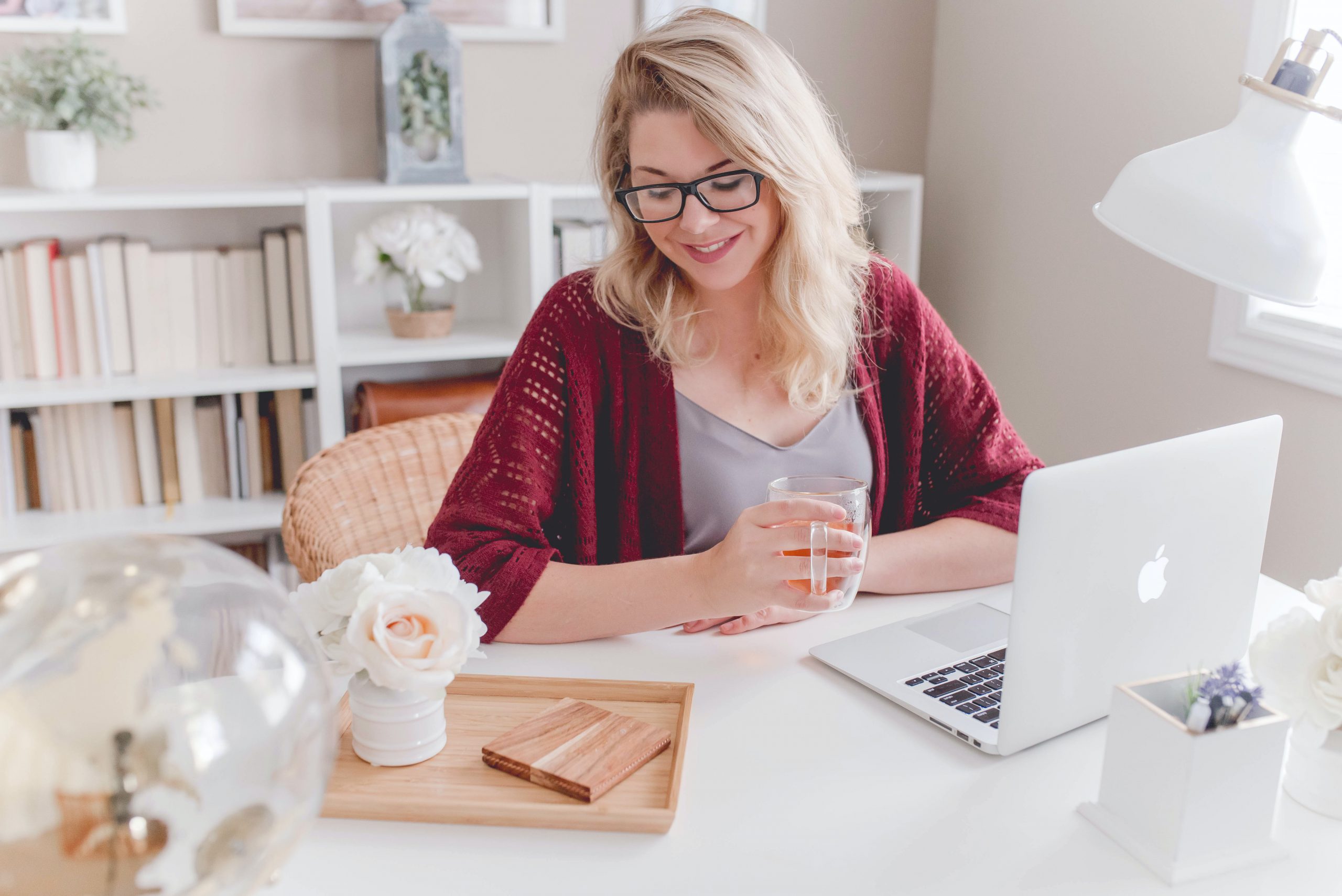
The coronavirus lockdown has forced millions of us to work from home and find a hitherto unknown balance between work, life and our children’s education.
Around kitchen and dining room tables, it’s been chaotic. Still, this work from home strategy has won widespread approval among office workers who have experienced an increase in their productivity, free of distractions from colleagues and the office humdrum.
The impact has been so significant that house values are likely to be enhanced by featuring a dedicated home workspace that gives the occupant the freedom to choose between battling rush-hour traffic and spending their day on Zoom calls in leisurewear.
It’s too early to say whether a fitted office would be more important than a bedroom or a granny-flat, but buyers are treating it with increasing importance.
Questions about access to the internet and network speeds available at a property are common. Homes that have an installed local area network (LAN) are viewed favourably.
So, building a home office might not only enhance your own lifestyle but add value to your property when the time comes to sell.
You can use a spare bedroom or carve out space in your garage for an office, or go down the more expensive route of building an extension or cabin at the end of the garden.
Regardless of which room you decide to convert, it will help your sanity if you can shut the door on work at the end of the day so it doesn’t blur with home life.
Here, we offer tips to help you migrate your career from the dining room table to a purpose-made home office.
- Design your office before moving in – Consider what’s suitable for your work. Do you need a large workstation for design and high-end computing, or are you a laptop warrior whose day is punctuated by conference calls.
- Desk and chair selection – Take your time with this task. Your desk must be comfortable to sit at. You might consider purchasing a standing desk for times when you need to get out of your chair. Your budget for these can range from cheap and cheerful to the thousands of dollars.
- Big isn’t always best – Choose furniture that fits into your home office easily. A large desk can make the room feel small and cluttered, and you won’t enjoy working there.
- Don’t get wired – When selecting your desk, always consider the size of your laptop or PC, whether you want a second screen and how you’re going to manage the ugly issue of wires. There are plenty of solutions on eBay to help you hide wires.
- Control your temperature – Nothing will get you back to the dining room table faster than an office that is either too hot or too cold. Not only is it uncomfortable, it adversely affects productivity. An ideal temperature is between 18C and 20C.
- Decorate your den – Choose neutral colours for your walls but be sure to put pictures on the walls, maybe install a bookshelf and include indoor plants, so the space is welcoming. Spider plants, dracaena, ficus and Boston ferns have air filtering qualities.
- Off the wall – Consider installing a “working wall” that would feature a whiteboard to keep track of your tasks.
- Be bright with lights – Ambient and natural light is important to your mental wellbeing. A flexible desk lamp will ease the strain on your eyes, especially on dull days or during evening work. Research suggests natural light enhances productivity and sleep patterns. LED lights create a unique, welcoming atmosphere.
- Consider storage needs – Try to keep big filing cabinets to a minimum, especially in a small room. Look for smaller solutions to keep what you need close.
- Enhance creativity – Install a comfortable chair, or create a space where you can come from behind your desk to either relax or think through problems.

